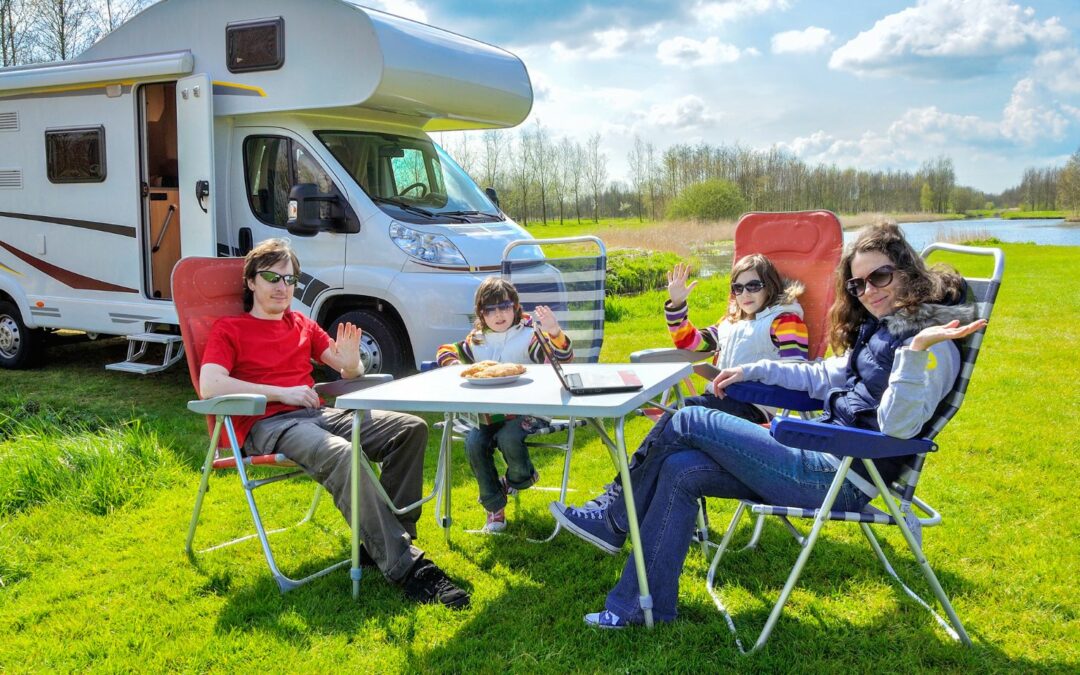In today’s dynamic world, it is increasingly evident that traditional classroom education alone may not be sufficient to prepare children for the challenges that lie ahead. However, a complementary learning experience exists that can immensely contribute to a child’s academic success: Travel. This article delves into the complex ways in which traveling with your kids can enhance their academic prowess and broaden their intellectual horizons.
The Relationship Between Travel and Academic Success
Travel has long been known to broaden the mind. But a growing body of research now points to a tangible link between travel experiences and improved academic performance in children. When children embark on journeys to different regions, they encounter diverse cultures, landscapes, and people. This exposure ignites their curiosity and inspires them to learn in ways no textbook can replicate.
Furthermore, children learn to value cultural diversity, promoting a vital global viewpoint in today’s interconnected society. They learn to respect other people’s cultures, ways of life, and traditions. Its increased regard and understanding can foster empathy, tolerance, and open-mindedness—all essential characteristics that contribute to classroom social-emotional learning, critical thinking, and problem-solving skills.
How Travel Can Nurture Learning Through Real-World Experiences
Textbooks and theoretical learning undoubtedly play a significant role in a child’s education. However, there is something incredibly enriching about witnessing a historical monument firsthand or observing wildlife in their natural habitats.
For instance, a child studying the pyramids of Egypt may grasp the basic facts from a book. However, visiting the pyramids can evoke a sense of awe and wonder, deepening their interest and understanding of ancient civilizations. These real-life experiences often lead to meaningful learning, resulting in a better grasp of the subject matter and improved academic performance.
The Linguistic Advantages of Travel
Traveling to a place where a different language is spoken provides children an unparalleled opportunity to immerse themselves in a new language. This immersion is not limited to mere vocabulary acquisition; it extends to understanding the cultural contexts, colloquialisms, and nuances that breathe life into a language.
Language skills acquired through travel extend beyond mere academic proficiency. They can foster cultural understanding, improve cognitive abilities, and contribute to a child’s overall academic performance. Children gain practical language skills that go beyond what textbooks can provide by engaging in real-life conversations and navigating unfamiliar linguistic environments.
They learn to communicate effectively, negotiate, and adapt to different communication styles. This firsthand experience enables them to grasp the nuances of a language, including idioms, slang, and regional accents, which are often absent in classroom settings.
Travel as a Means to Foster Independence and Responsibility
When children travel, they often find themselves in unfamiliar environments that challenge them uniquely. They learn to pack their bags, manage their allowances, adhere to schedules, and make decisions—sometimes under unpredictable circumstances.
These experiences can help children develop a sense of responsibility and independence, enhancing their problem-solving abilities, organizational skills, and time management—attributes directly related to their school performance.
Furthermore, there are instances when traveling can hinder the process of learning. However, even in such circumstances, there is a solution. Consider exploring the WritePaperForMe twitter platform, where you can conveniently request an essay or paper while being assured of the work’s quality.
Boosting Confidence and Self-Esteem Through Travel
Traveling presents numerous opportunities for children to step out of their comfort zones. They interact with new people, navigate unfamiliar cities, or try exotic dishes. These experiences can positively impact their self-esteem and confidence.
Confident students are more likely to participate in class, ask questions, and seek help when needed. Thus, the confidence and self-esteem fostered through travel can translate into active participation and engagement in the classroom, leading to improved academic performance.
Awakening Curiosity and Cultivating Creativity Through Travel
Traveling sparks children’s curiosity as they are exposed to new experiences and environments. They ask questions, seek answers, and engage more intimately with the world around them. Furthermore, observing different cultural practices, architectural styles, and natural phenomena can stimulate their creativity.
A curious and creative mind is better equipped to handle complex problems, think innovatively, and contribute original ideas—traits beneficial for school assignments and projects and highly valued in higher education and professional life.
Instilling a Love for Lifelong Learning
Traveling can demonstrate to children that learning is not confined to textbooks or classrooms; the world is a vast, open-ended learning space. Children who learn to view the world through this lens will likely develop a passion for lifelong learning.
Fostering a love for lifelong learning can help children take ownership of their education, become proactive learners, and stay open to new ideas and perspectives, positively impacting their academic performance.
Conclusion
In conclusion, the benefits of traveling with your kids extend far beyond the immediate joy and excitement it brings. The experiential learning, broadened perspectives, improved language skills, life skills, boosted confidence, heightened curiosity, and love for lifelong learning that travel can instill in your child can significantly improve their academic performance, preparing them for success in school and life.














